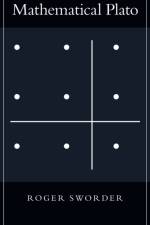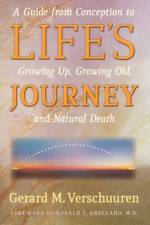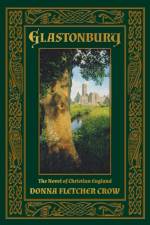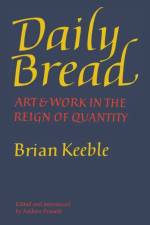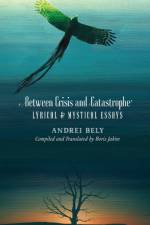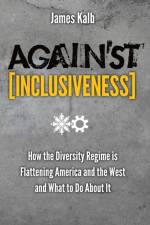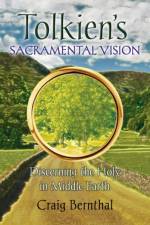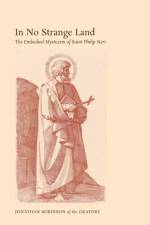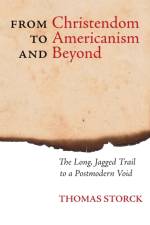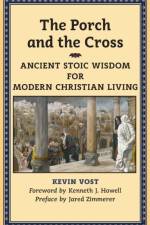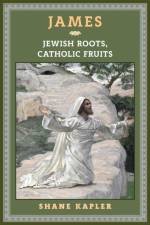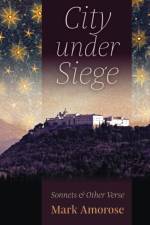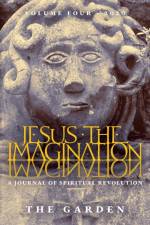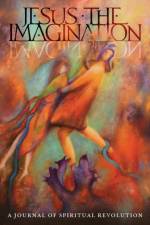- A Guide from Conception to Growing Up, Growing Old, and Natural Death
av Verschuuren Gerard M. Verschuuren
446
Life's Journey is a rich exploration not only of biology but also of the meaning of life and death. In addition to guiding the reader through the biological milestones marking a lifetime, the book is also a philosophical pursuit of the Great Questions that accompany our journey through life. Gerard Verschuuren describes in fascinating detail the six main phases of that journey: conception, life in the womb, infancy and childhood, adulthood, old age, and natural death. If you have children going through earlier phases, or parents experiencing later phases, this book offers a wealth of helpful information on what to expect. And if you are anxious to know what lies ahead on your own path, Life's Journey is invaluable in preparing for any number of possibilities. This unique guide will enable you to better understand your children, spouse, parents, friends, and ultimately, yourself. "Readers who seek to better understand the interplay between science and human nature need look no further. Gerard Verschuuren expertly explains the basic science of the physical body and its various growth and maturation processes from conception through death. Then, as philosopher and observer of human nature, he overlays the biological 'facts' with aspects of ourselves not easily explained--and even sometimes rejected--by science, that equally contribute to understanding the human organism."--RONALD S. ARELLANO, M.D., Massachusetts General Hospital, Associate Professor of Radiology, Harvard Medical School "In this new book, Gerard Verschuuren wields his extensive experience as both geneticist and philosopher to take us on an informative odyssey from nascent human life to old age and beyond. Presenting the most up-to-date scientific facts in engaging prose, Verschuuren then guides us 'behind the scenes' to ask such probing questions as 'is the brain a computer?' and 'what are addictions if we have free will?'"--PAUL J. CAMARATA, M.D., FACS, Chairman, Department of Neurosurgery, University of Kansas School of Medicine "Modern scientific advances have led to an unprecedented understanding of the mechanisms at work in the human body, its beginning, development, and decline: the 'what' of human beings. In Life's Journey, Gerard Verschuuren engagingly reviews the biological facts, but also shows how they point to a non-material basis for the irreplaceable and unrepeatable 'who' of human beings. Over and over again in these pages the author demonstrates the absurdity of materialistic and deterministic explanations of who we are."--OSWALDO CASTRO, M.D., Professor Emeritus of Medicine, Howard University College of Medicine "Dr. Verschuuren's book on human development presents the human life cycle in a holistic manner compatible with the best of Western scientific, philosophical, and theological thought. His approach steers clear of the irrationality of Scientism and restores the study of the sciences to its rightful position as the modern heir to Natural Philosophy. I highly recommend this book for inquisitive minds open to a non-dualistic view of the universe in general and of human life in particular."--JOHN I. LANE, M.D., Professor of Radiology, Mayo Medical School GERARD M. VERSCHUUREN is a human geneticist who also earned a doctorate in the philosophy of science. Now semi-retired, he spends most of his time as a writer, speaker, and consultant on the interface of science and religion, creation and evolution, faith and reason. His most recent books include What Makes You Tick?: A New Paradigm for Neuroscience (Solas Press, 2012); The Destiny of the Universe: In Pursuit of the Great Unknown (Paragon House, 2014); and Five Anti-Catholic Myths: Slavery, Crusades, Inquisition, Galileo, Holocaust (Angelico Press, 2015).

